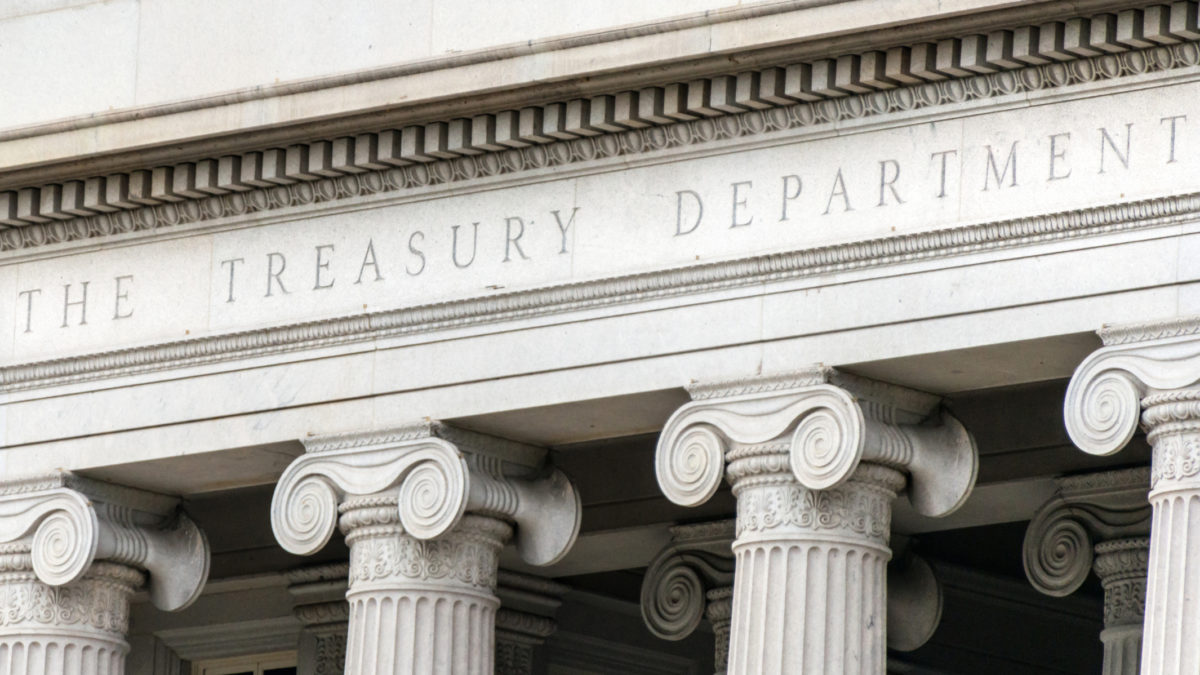
Sanctions Round-Up: May 2020
South Sudan
On 29th May, the United Nations Security Council (UNSC) renewed the arms embargo and targeted sanctions imposed on South Sudan by 12 months. The resolution also committed to a “midterm review” of the measures by 15th December 2020.
As the UNSC’s press release reflected, human rights groups claim to have uncovered evidence that “multiple breaches of the embargo” have occurred and concluded that the disarmament process “was not being followed”. The embargo was first imposed by the UNSC in July 2018 as part of the effort to de-escalate South Sudan’s civil war. Its measures included requiring Member States to “prevent arms and related equipment of all types” from entering the country.
Somalia
On the same day, the UNSC reauthorized the deployment of the African Union Mission in Somalia (AMISOM) for an additional nine months. The mission’s strategic priorities going forward include “supporting security preparations” for the upcoming election in Somalia and “helping to combat al-Shabaab and other armed groups”.
AMISOM was established by the African Union (AU) in January 2007, with the UNSC authorising the peacekeeping mission to intervene in the Somali Civil War a month later. Since 2017, AMISOM has been gradually handing over security responsibilities to the Somali security forces.
Sudan – South Sudan
Earlier in the month, on 14th May, the UNSC extended the mandate of the United Nations Interim Security Force for Abyei (UNISFA) by six months. The resolution called on the governments in Khartoum and Juba to “provide full support” for the mission by ensuring that the region is “effectively demilitarised”.
UNISFA was created by the UNSC in June 2011 to provide security in the disputed borderland area of Abyei.